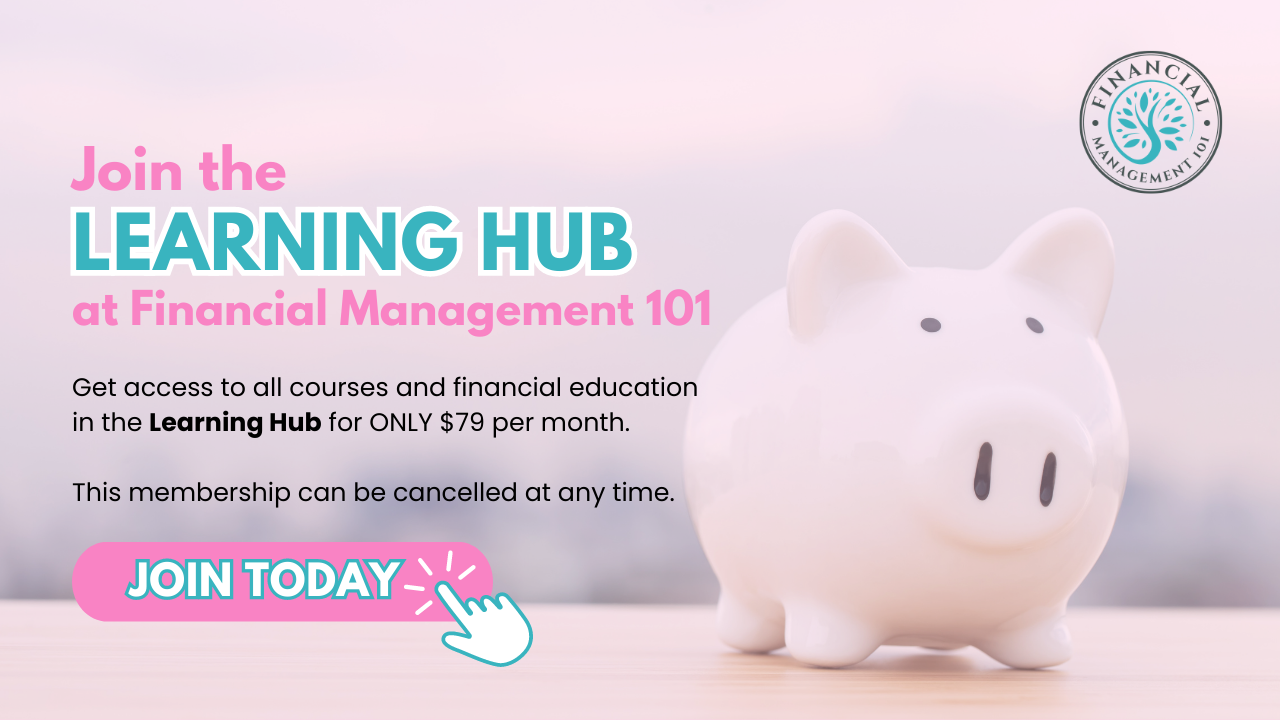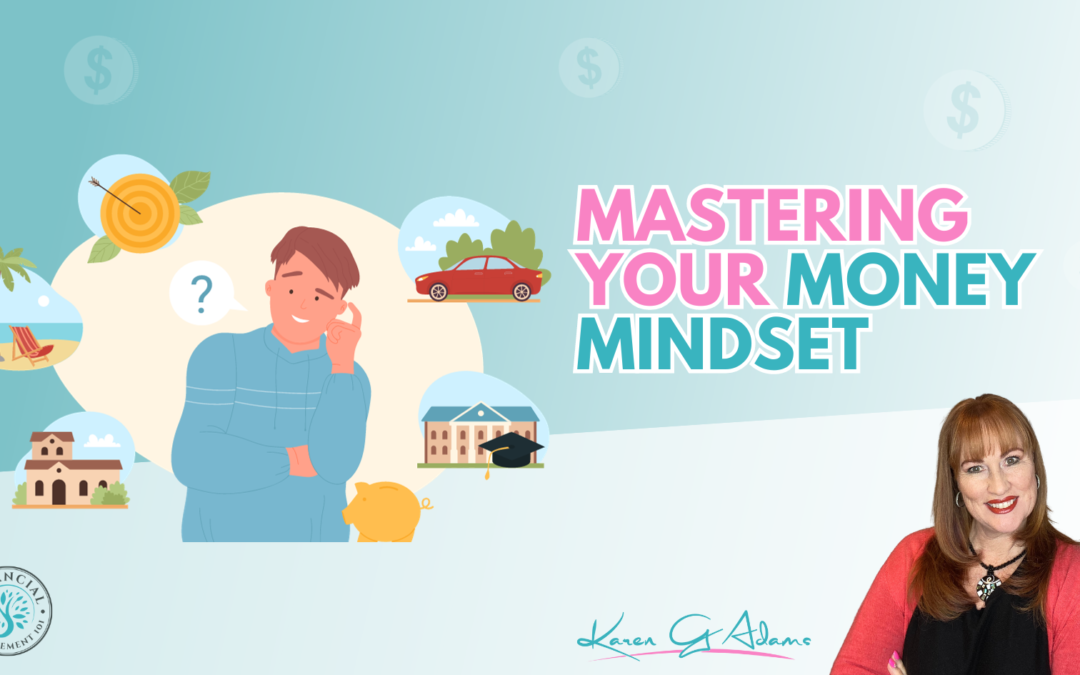
Eco-Friendly Savings: Going Green to Save Green
Finding ways to save money is always a priority, and what if you could do that while also being kind to the planet? Embracing eco-friendly practices at home and in your lifestyle not only benefits the environment but can also lead to significant savings. Let’s explore how going green can help you save green.
1. ENERGY EFFICIENCY AT HOME
Start by making your home more energy efficient. Simple changes such as switching to LED bulbs, using energy-efficient appliances, and improving home insulation can significantly reduce your energy bills.
2. SMART WATER USAGE
Water conservation is another area where you can save money. Fixing leaks, installing low-flow showerheads, and gardening with rainwater can all help you save money on water.
3. REDUCE, REUSE, RECYCLE
Embracing the principles of reducing, reusing, and recycling can result in cost savings. Buy less, use reusable products instead of disposable ones, and recycle whenever possible. This not only saves money but also reduces waste.
4. ECO-FRIENDLY TRANSPORTATION
Consider eco-friendly transportation options. Walking, biking, carpooling, or taking public transportation can help you save money on petrol and car maintenance, not to mention the environmental benefits.
5. GROW YOUR OWN
Starting a small vegetable garden can be rewarding and cost-effective. Growing your own food lowers the cost of fresh produce and provides you with organic and healthy options right at your doorstep.
6. EMBRACE SECOND-HAND AND THRIFT
Shopping secondhand is not only cost-effective, but also environmentally friendly. Thrift stores, garage sales, and online marketplaces are excellent places to find high-quality items at a fraction of their retail price.
7. DIY NATURAL CLEANING PRODUCTS
Many commercial cleaning products are expensive and contain harmful chemicals. Making your own cleaning products from natural ingredients like vinegar and baking soda is less expensive and safer for both your home and the environment.
8. ENERGY-SMART LANDSCAPING
Consider landscaping that uses less energy. Planting trees for shade, using drought-resistant plants, and creating natural windbreaks can help in reducing heating and cooling costs.
9. CUT DOWN ON PAPER
To reduce the amount of paper used, go digital whenever possible. Choose electronic bills, receipts, and statements. This not only reduces waste but also helps to keep your home clutter-free.
10. EDUCATE AND INVOLVE THE FAMILY
Make eco-friendly living a family activity. Educate your children about the importance of conservation and get them involved in green practices. This not only saves money, but also instils responsible behaviour in the next generation.
Adopting eco-friendly practices is not only good for the environment; it is also a cost-effective way to save money. As you make small changes to a more sustainable lifestyle, you will notice that going green is not only good for the environment, but also good for your wallet.
Learning about money-saving techniques can give you the power to make smart financial decisions and reduce money-related stress over time. That’s where the LEARNING HUB helps you gain more financial knowledge, while providing you with the support and help you need.


















